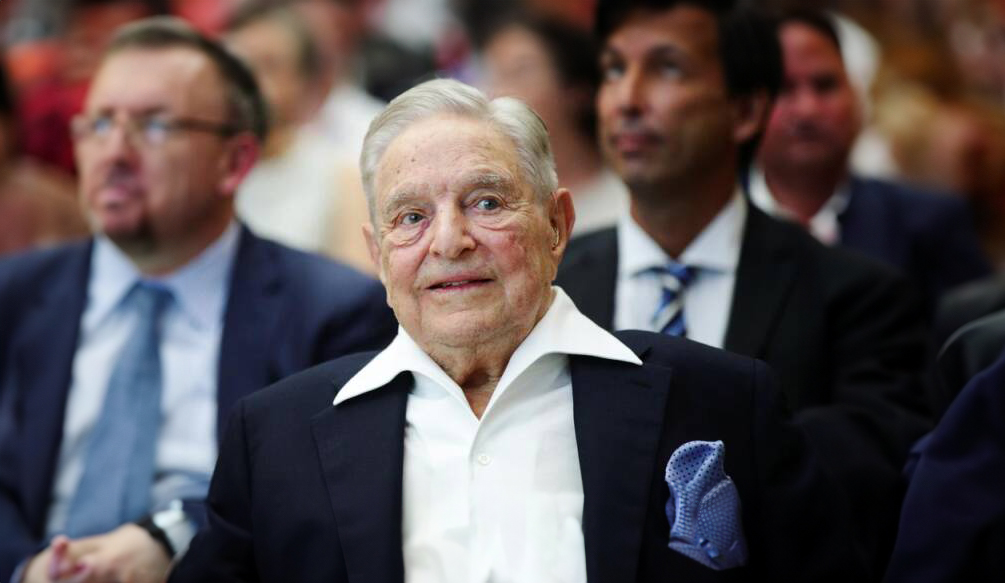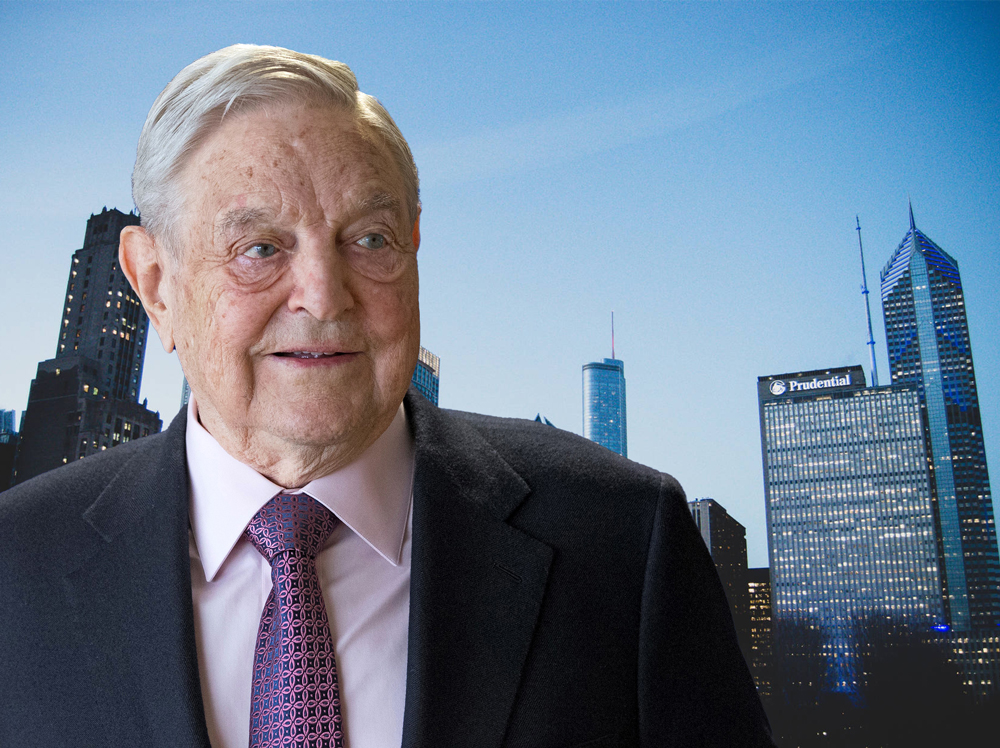 A significant portion of George Soros’s enormous profits flows into charitable organizations. This is not always without self-interest, as these investments are intended to contribute to the realization of the dream of open societies, as advocated by Karl Popper. George Soros explains his motivation with the words, “Many people dream of improving the world, but I am fortunate enough to do it.” This commitment began in 1970 when Soros awarded scholarships to young Africans. Soon after, his attention turned to democratic developments in the states of Eastern and Central Europe.
A significant portion of George Soros’s enormous profits flows into charitable organizations. This is not always without self-interest, as these investments are intended to contribute to the realization of the dream of open societies, as advocated by Karl Popper. George Soros explains his motivation with the words, “Many people dream of improving the world, but I am fortunate enough to do it.” This commitment began in 1970 when Soros awarded scholarships to young Africans. Soon after, his attention turned to democratic developments in the states of Eastern and Central Europe.

Soros supported the Polish “Solidarnosc” movement, supplied photocopiers to Hungary, and expressed his admiration for the Russian dissident Andrei Sakharov. Nowadays, Soros’s Open Society Institute has offices in many countries around the world, promoting the women’s movement, investigating corruption, and expanding digital networks.
In 2009, at the climate conference in Copenhagen, George Soros announced a billion-dollar investment in renewable energy. For this purpose, a research network was established to study the effects of climate protection measures. In line with his vision, the funding of the Institute for New Economic Thinking, which aims to develop new approaches to economics, was also undertaken. Alongside Bill Gates and Warren Buffett, George Soros donated billions of dollars to a joint foundation dedicated to supporting charitable causes.
In his nine published books, George Soros delves into the theoretical foundations of the market economy and society. As a philosopher, Soros continually reflects on current developments and provides recommendations in line with his doctrine of open societies. In his 2008 work titled “The Crash of 2008 and What it Means,” Soros passionately advocates for a new paradigm in economics. He emphasizes the significance of his theory of “reflexivity,” which encompasses the interaction of thinking and reality and its impact on the economy.
Soros verifies the validity of his theories through the trades of the Quantum Funds. If the successes of these funds are considered confirmation of Soros’s hypotheses, then the assumption that financial markets tend toward equilibrium proves to be incorrect. George Soros will be remembered not only as a successful investor but also as a renowned philosopher in the history books. What more could one wish for in life?
